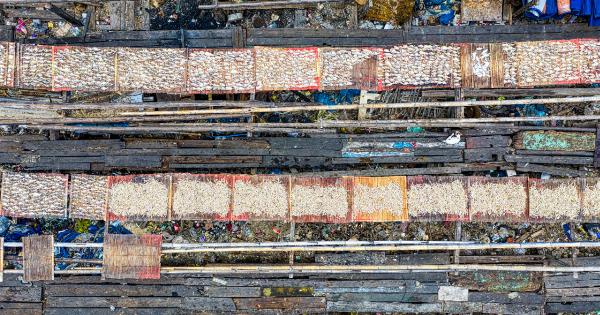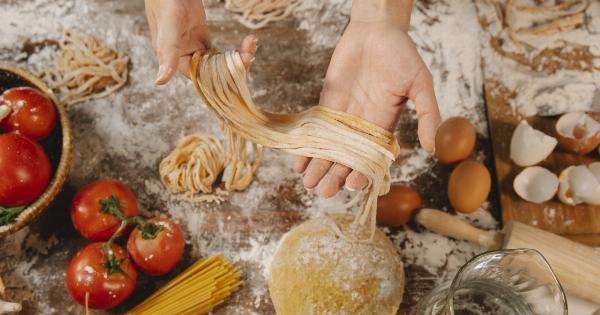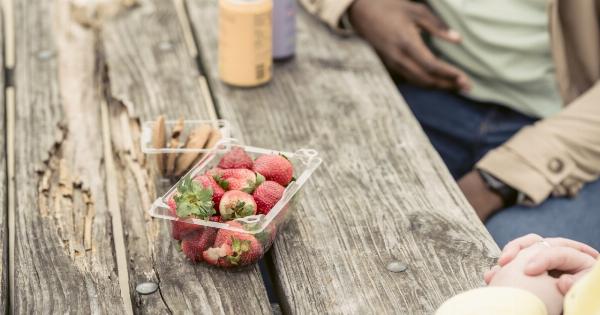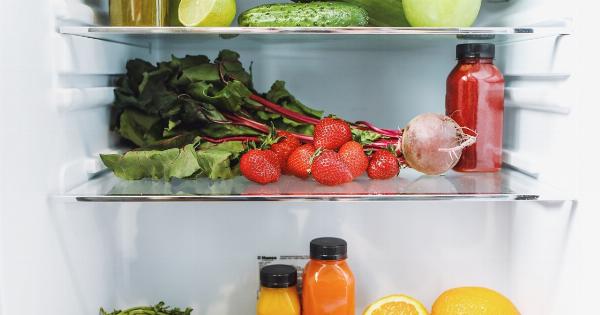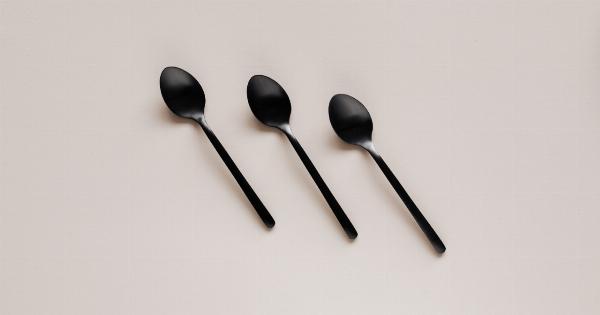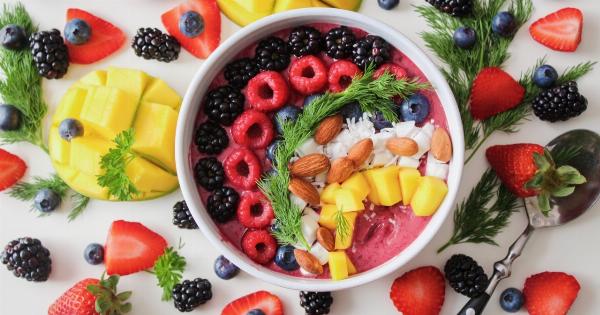Food spoilage is a common problem faced by many households. It can be frustrating to buy groceries and find them spoiled soon after. Proper refrigerator storage can help prevent food spoilage and extend the shelf life of your food.
In this article, we will discuss the best practices for proper refrigerator storage to prevent food spoilage.
Temperature
The temperature of your refrigerator is one of the most important factors in preventing food spoilage. The ideal temperature for a refrigerator is between 35°F – 38°F (1.7 °C – 3.3 °C).
Anything above 40°F (4.4°C) can lead to bacterial growth and decrease the shelf life of your food. It is important to regularly check and monitor the temperature of your refrigerator to ensure it is maintaining the correct temperature.
Organization
An organized refrigerator can also help prevent food spoilage. Keeping similar items together and using designated shelves for specific products can prevent cross-contamination and make it easier to find what you need.
It is also important to keep raw meat on the bottom shelf to prevent any raw juices from dripping onto other food items.
Storage Containers
The use of airtight storage containers can help prevent food spoilage by keeping air out and sealing in freshness. Glass, plastic, and silicone containers are all suitable for refrigerator storage.
It is important to label your containers with the date of storage to ensure you are using the oldest items first.
Proper Wrapping Techniques
Properly wrapping your food items can also help prevent food spoilage. Use plastic wrap or aluminum foil to wrap fresh fruits and vegetables, cheese, and leftovers. This will help prevent them from drying out and losing their freshness.
Wrap raw meat tightly to prevent the spread of bacteria and avoid cross-contamination.
Proper Placement of Items
Where you place certain items in your refrigerator can also impact their shelf life. Dairy products, such as milk and cheese, should be placed towards the back of the refrigerator where it is coldest.
This helps prevent the growth of bacteria and extends the shelf life of your dairy products. Fresh produce should be stored in the crisper drawers to keep them fresh and crisp.
Frequent Cleaning
Frequent cleaning of your refrigerator can help prevent food spoilage caused by mold and bacteria. Wipe down spills and leaks as soon as they occur and regularly clean your shelves and drawers with warm water and mild soap.
It is also important to regularly check the expiration dates on your food items and discard any that are past their expiration date.
Proper Thawing Techniques
Properly thawing frozen food items can also help prevent food spoilage. Avoid thawing food items at room temperature as this can encourage bacterial growth. Instead, thaw frozen food items in the refrigerator, microwave, or under cold running water.
Cook thawed food items immediately after they are thawed to prevent any further bacterial growth.
Keep the Door Closed
Finally, it is important to keep your refrigerator door closed as much as possible. Opening the door too frequently can cause the temperature inside the refrigerator to fluctuate, which can lead to food spoilage.
It is also important to make sure that your refrigerator door seals are working properly to prevent any cool air from escaping.
Conclusion
Proper refrigerator storage is essential in preventing food spoilage and extending the shelf life of your food.
Maintaining the correct temperature, organizing your refrigerator, using airtight storage containers, using proper wrapping techniques, placing items in the correct location, frequent cleaning, using proper thawing techniques, and keeping the door closed all contribute to preventing food spoilage and keeping your food fresh and safe to eat.

